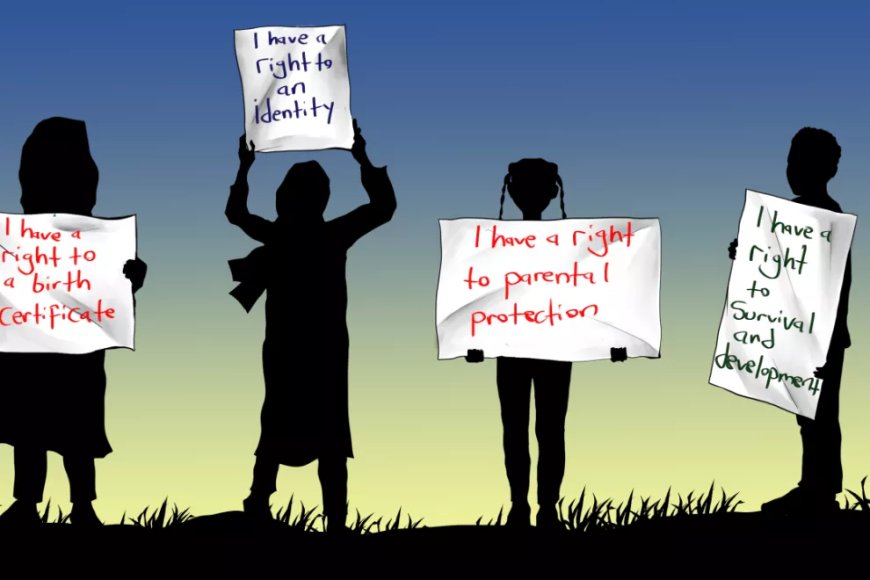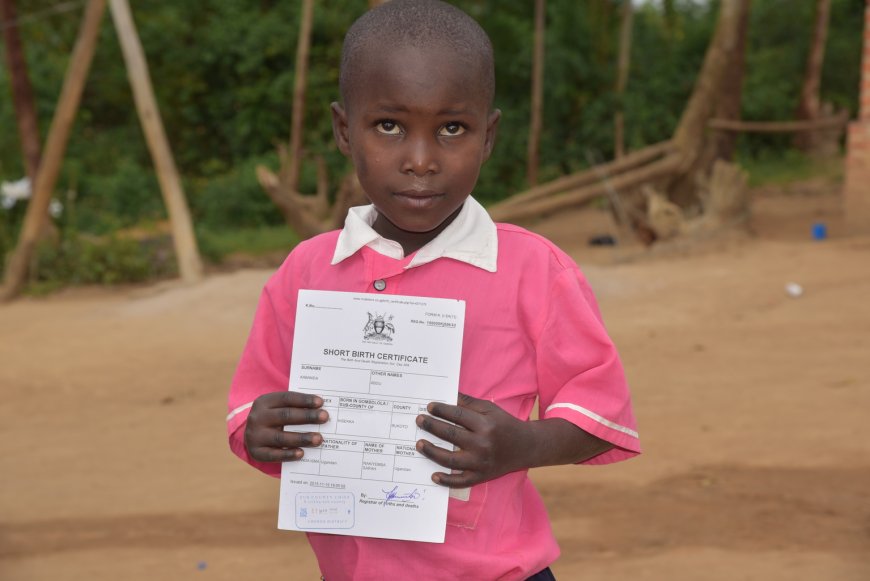Invisible Children: The Struggle for Birth Registration
Millions of children around the world are denied basic rights because they lack birth certificates. This article explores the critical issue of birth registration, sharing poignant stories of children who are invisible in the eyes of the law. It highlights the absurdity of a world where a piece of paper can determine a child’s fate and discusses efforts to change this narrative. Learn about the importance of birth registration and the initiatives working to ensure every child is recognized and protected.

In a world where a piece of paper can determine a child’s fate, millions of children remain invisible. These are the children without birth certificates, unrecognized by their governments and denied basic rights. The issue of birth registration is critical, yet often overlooked. Let’s delve into the lives of these invisible children and the efforts to bring them into the light.
The Invisible Ones
Meet Amina, a bright-eyed girl from a small village in Kenya. Amina dreams of becoming a doctor, but there’s one small problem: she doesn’t exist. At least, not officially. Without a birth certificate, Amina is invisible in the eyes of the law. She can’t enroll in school, access healthcare, or even prove her age. Her dreams are as intangible as her legal identity.
Amina’s story is not unique. Around the world, one in four children under the age of five are not registered at birth. That’s approximately 166 million children who are denied their basic rights because they lack official documentation. In countries like the Democratic Republic of the Congo, Ethiopia, India, Nigeria, and Pakistan, the rates of unregistered children are alarmingly high.
The Absurdity of a Piece of Paper

Imagine a world where a piece of paper holds the power to determine your future. It sounds absurd, but for millions of children, this is their reality. Without a birth certificate, children are denied access to education, healthcare, and social services. They are more vulnerable to exploitation, child labor, and early marriage. In essence, they are denied the right to a childhood.
In Kenya, the lack of birth registration is a significant barrier to achieving universal education. Children like Amina are left behind, unable to attend school because they can’t prove their age. This not only affects their individual futures but also hampers the country’s development. After all, how can a nation progress when its future leaders are invisible?
Efforts to Change the Narrative
Thankfully, there are efforts underway to change this narrative. Organizations like UNICEF are working tirelessly to ensure every child is registered at birth. In Ethiopia, for example, the establishment of a Vital Records Registration Agency has significantly improved birth registration rates. In its first year, the agency registered 79% of vital records, setting a model for other regions.
In Kenya, community-based initiatives are making strides in raising awareness about the importance of birth registration. Mobile registration units travel to remote areas, ensuring that even the most marginalized children are counted. These efforts are crucial in bridging the gap and ensuring that no child is left behind.
A Call to Action
The struggle for birth registration is far from over. Governments, communities, and individuals must work together to ensure that every child is recognized and protected. It’s time to turn the invisible into the visible, to give every child the chance to dream and achieve.
As we continue to urbanize and develop, let’s not forget the importance of that seemingly insignificant piece of paper. For children like Amina, it holds the key to a brighter future. Let’s ensure that every child has the right to be seen, heard, and counted.
What's Your Reaction?














































































































